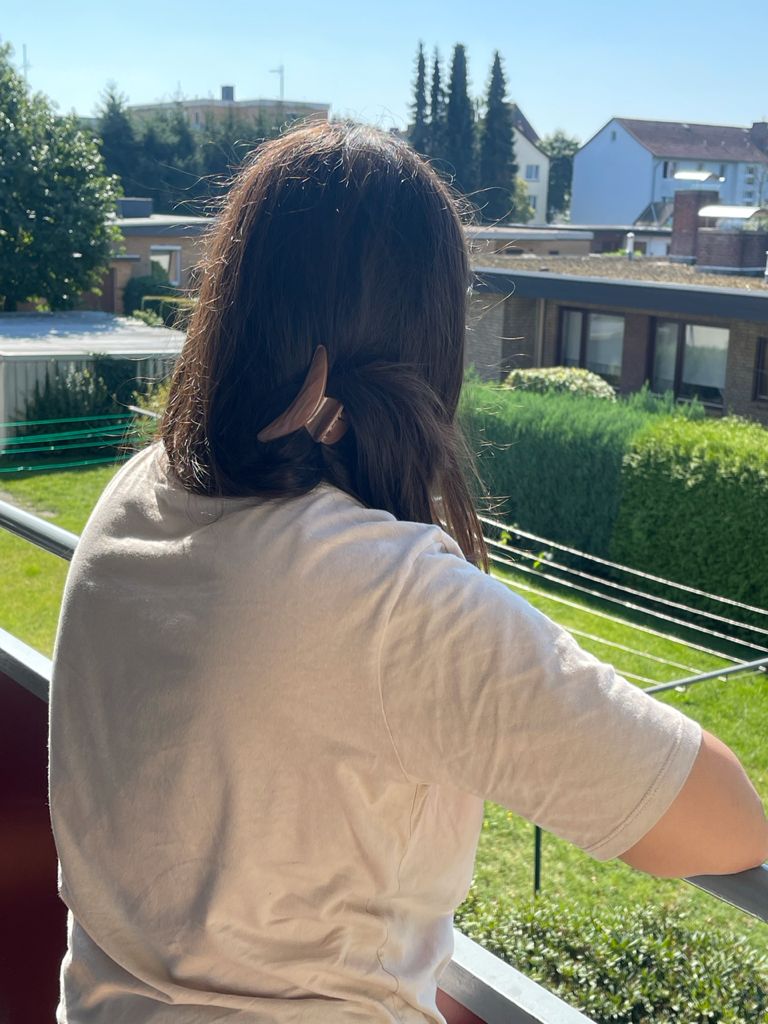When the Taliban seized power in Afghanistan, following the collapse of the western-backed government in mid-August this year, its leaders promised to respect women’s rights. However, in the weeks since, the group’s assurances have done little to assuage fears of women and girls living in Afghanistan. Zainab, a female Afghan journalist, reveals to Plataforma, after the new government took shape, the life of being a female and a journalist is tough.
Evidence contradicts Taliban’s vow to honour women’s rights
Afghan women have held demonstrations demanding their rights and freedom under the Taliban regime in different provinces of Afghanistan. The Taliban had once promised that they will not prevent women from being educated or having jobs, but later they asked all women to stay away from work, until the security situation improves. “They force women to stay at home, but nowadays Afghan people are not accepting Taliban’s ideology which is supported by Pakistan’s Inter-Service Intelligence (ISI) Agency.” Zainab, a female Afghan journalist who is now working in a European daily newspaper, remarked the situation.
On the other hand, Zainab also noticed that the list of interim cabinet members announced by Taliban, is “full of Mullahs”, without any women’s participation. The new all-male caretaker government even removed the Ministry of Women Affairs, she considered it as an “unacceptable” decision.

Women live under Fear without Dignity
For this 26-year-old Afghan female journalist, “I really feel that I was threaten, and not only me.” Zainab affirmed that no woman can independently go anywhere because the Taliban does not allow women to go out without escorting by their Mahram. But what about those unmarried women, those women whose family has no male, those widowed or single women? Taliban did not give out a concrete answer, being lack of “respect” and “solution” for these women’s dilemma.
Zainab finished her university education in political science and law in Gawharshad University, she cannot concur Taliban’s view on women. “For them, women should just get married in their early ages, don’t go out from home, wear burqa, don’t work, don’t need to be educated. But we are not just an object that you prisoned at home. We are 50 percent of the population in Afghanistan.”
“Peaceful Transfer of Power” is in Doubt
Taliban spokesman and negotiator, Suhail Shaheen, announced Taliban’s pledge of peaceful leadership at his first news conference. Nonetheless, Zainab remains doubts on this statement. “They said that they will bring peace, but it is not peace. They fired shots to disperse protests, killed unarmed and innocent people, committed genocide.”
The Afghan journalist opined, despite of the fact that most afghans are all Muslim, Taliban’s interpretation of Islam appears to be diverging from the Islam that existed in Afghanistan in the past. She explained, “according to the ideology of Taliban, if you work and get salary from foreign countries, then you are Kafir (infidel). Studying mathematics, biology, geography is not allowed, because they consider those things are less important.” Zainab argued, “Government is not only to take over the power, but also needs to provide services responding to its people’s needs.”
Leaving the Motherland
Zainab was born in Afghanistan and dedicated her life in news media. Nevertheless, she decided to move to Germany to continue her career. She disclosed the reason why she moved to the foreign country, is because she wanted freedom and she could not stand Taliban can take control of the country where she is from. “We saw they killed many peaceful women, and they were searching for journalist home by home, they killed some of the journalist family members in Herat from Deutsche Welle (DW).” She recalled, “they forced media in Afghanistan to not cover the resistance movements. They arrested many journalists only during within few weeks after they have controlled in Afghanistan.”
This young journalist is now working in the leading German newspaper Die Welt, added, “I am really
sad for all my fellow colleagues, all women in Afghanistan. It was escape from depth; I am happy that I could make it to leave Afghanistan.” The Afghan newswoman states that being a woman and a journalist in Afghanistan is difficult. “I am a female, and I am a journalist, and this is what Taliban cannot stand. They cannot stand female, freedom, and media freedom, freedom of speech, they cannot stand these all, they cannot stand when I say anything against them, they cannot stand my belief, and I cannot stand their beliefs.”
Zainab feels disappointed over Taliban’s fascist extremist ideology of Islam. She recalled a news that happened just recently, “they beat two journalists few days ago in a very bad way, just because they were Hazaras and they were covering feminist protest in Karte-Char, a neighbourhood in Western Kabul.” When being asked about if she has any plan in the future returning to her country of origin, she remains full uncertainty, but one thing she ensures, it will only happen when the country is free from extremist and all the violation and genocide come to an end.
Appealing for Global Communities supports
This International journalist calls on the global community to be aware of the actual reality of Afghanistan where now is encountering difficulty fleeing and accessing humanitarian support. Furthermore, she encourages the citizens around the world to urge their own governments to not support and not recognise the Taliban regime in Afghanistan. The journalist concluded, “People in Afghanistan are not happy with Taliban, this is not what they wish. Afghanistan needs a government that believes in freedom, justice, human rights, women rights, freedom of speech and freedom for every individual thought and believes. Unfortunately, Taliban does not have respect on other belief, on any other values.”



